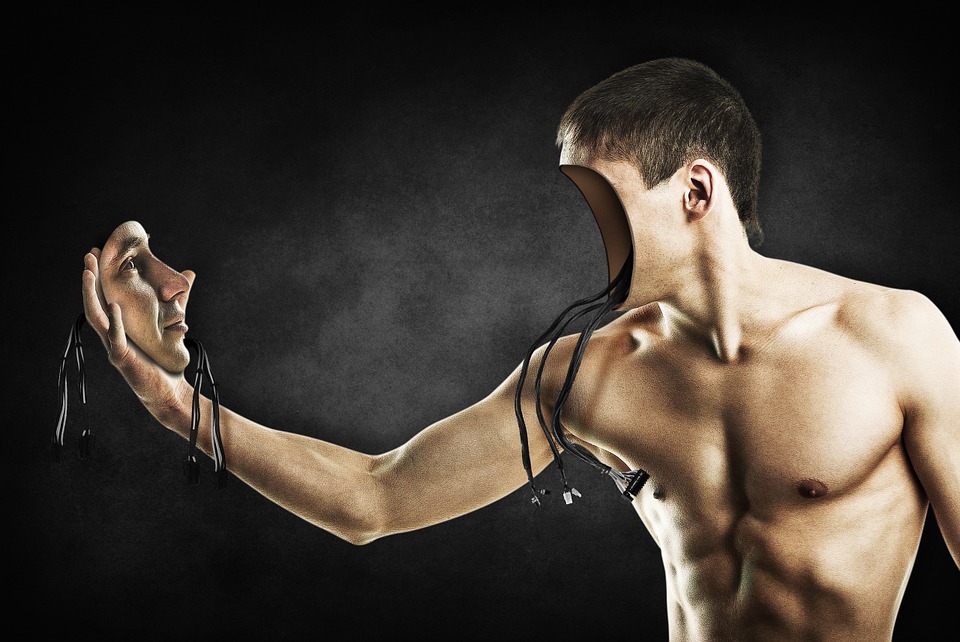From James Bond to Jason Bourne and Johnny Mnemonic, computer chips or body implants seem to be an idea of fiction. But is it possible that this fiction wasn’t that far off?
Today, microchip implants are already being used by pet owners to keep track of their dog or cat and in 2004 the FDA approved a computer chip for implantation in patients’ arms. This chip was to speed up reception of vital information in a patient’s medical history. So technically, we aren’t far away from putting computer chips underneath our skin, we’re already there. However, the FDA approved VeriChip and other rumors of computer chips in humans has raised more than just eyebrows.

For the most part, the big controversy with computer chips is whether or not it is ethical. Most critiques come from the fact that the chips are an invasion of privacy and films like the Bourne Identity aren’t helping this view. Many see the implants as a way to track your whereabouts and location, making it harder for criminals or felons on the run, kidnappers, secret spies and well just everyday Joe Shmoe’s to do anything without someone tracking their every move.
But the reality is that most implanted computer chips aren’t used for this at all. Patric Lanhed, in partnership with Juanjo Tara an Arduino developer, has come up a computer chip that contains the key to his Bitcoin wallet. This enables him to scan his hand for purchases rather than his phone. Other uses for these under-the-skin chips vary from opening up office doors, paying for food, unlocking your phone or house, or as a fitness tracker.
Currently over at Chaotic Moon, the team has invented a tech-powered tattoo that works similar to a fitness tracker, but it gets rid of the bulky armband. Just when it will be available as a product is still a work in progress. And not too long ago, Motorola came up with a temporary sticker that synced with the Moto X phone to unlock it. The idea behind the sticker was that you could place it wherever was most convenient for you and then when it was time to unlock your phone, rather than type in a long password or hope your wet fingerprint read correctly, you just had to tap your phone to the sticker and voila! Stick it on your forearm, your thigh, your belly, wherever!
The possibilities for how to use these implanted computer chips are expanding, teachers could use them to take attendance, parents can keep tabs on children to lower abductions (or even help rescue children sooner), hospitals and doctors could use them to cut back on transfer times for getting medical records for new patients, and you could even use it as a bakery to gauge your customer’s tastes! Another big use for the chips is community transportation — buses, the metro, etc. One writer for BBC’s future website noted that a double implantee, Amal Graafstra, has already started to use these rice grain-sized chips to unlock his front door, start his motorbike and even log onto his computer. Other uses for the chips can include tracking health and fitness (already done by Fitbit or other trackers) which could possibly affect types of life insurance you could receive or just keep you up to date with your cholesterol.
The biggest issue with computer chip implants is whether they are ethical and of course the worry of totalitarian control. But again, addressing the latter, Hollywood has instilled the wrong idea of just what these chips could be used for. And, of course, don’t forget that the technology used in these computer chips is already used in almost every credit or debit card in your wallet. The idea with these chip implants is that you can whittle your wallet down from 12 cards to well, that little chip in your hand. And with advances in satellite internet, just where you can use these chips is expanding too, though there are still some limitations.

Addressing ethicalness of the chips, there is the possible chance of the wrong people accessing your personal information. But this worry is very similar to identity fraud with credit cards. There is also the worry of companies or hackers getting access to anything from driving habits to shopping frequency. But with smart cars and even Progressive’s Snapshot, things like your driving habits can already be well-known to others than just you.
So how far away are we from getting implants? It actually might be a bit further away than you would think. The chips need to be small enough to inject and fit under skin and can’t use battery power. This makes it harder to encrypt and secure unlike your smartphone. But with the advances in “smart” technology the advances in the chips are sure to skyrocket here and quickly. As for now, just worry about someone stealing your phone sooner than cutting off your arm to get that chip.
Edited by
Stefania Viscusi